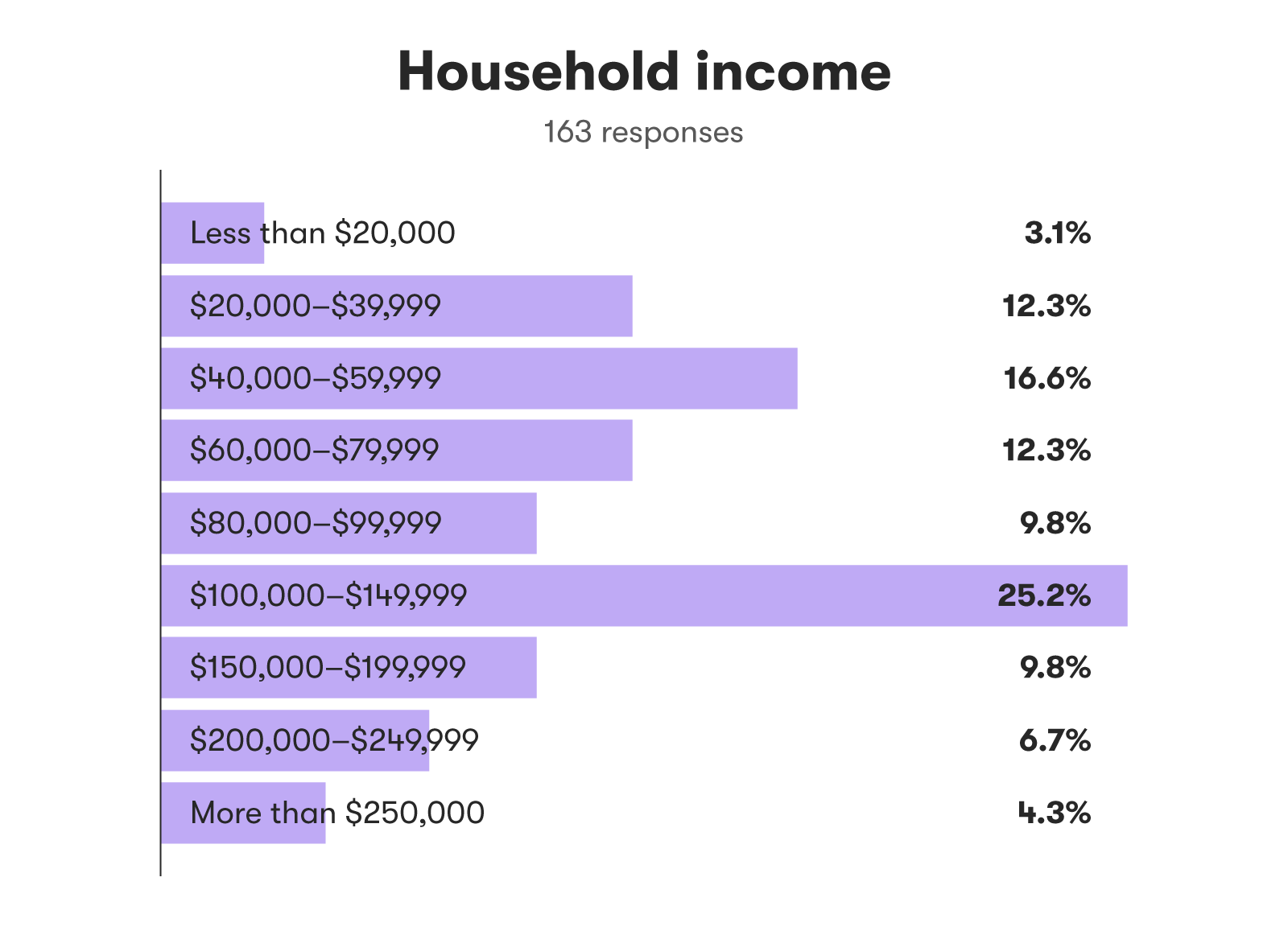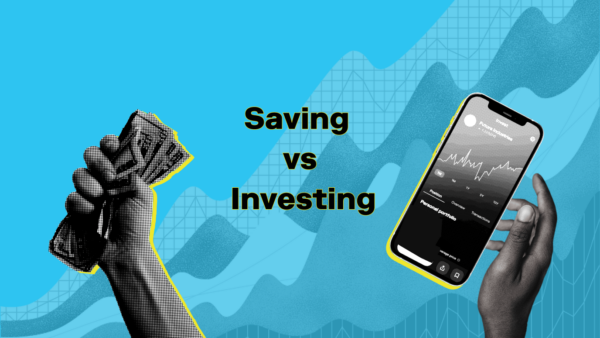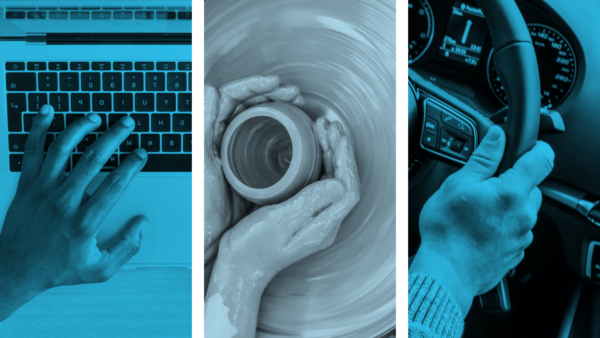Oct 16, 2019
Here’s What I Found When I Asked Peers About Spending Regrets
Comedian Emily Winter goes sleuthing for answers.

Before I was a broke freelance writer, I had higher-paying, more stable jobs. And I often think about whether I made the right choices with my money back when I had it. Why didn’t I save anything that one year I made six figures? What was I doing with my money?
Looking back on credit card statements from my most lucrative year, I’m at once disappointed, resigned, and accepting. Relocating to Miami for a job while maintaining a relationship with a broke boyfriend and friends back in Brooklyn was pricey. I spent a lot of money on airfare for myself and my now-husband. (At least the relationship worked out!) And as a standup comedian, I quickly made struggling comic friends in Florida and bought them overpriced drinks during long nights at comedy venues. I also went to Target and bought everything and anything that would make me feel less lonely in a new city. And I got massages. A LOT of massages. Overall, I used my money to help the people closest to me and to soothe my loneliness in a city that didn’t feel like home.
Still, did I need all those fancy dinners? Did I need a massage every few weeks? Should I have gone longer without visiting my now-husband? I’m still truly not sure if these things were necessary for staving off a mental breakdown, or obscenely superfluous.
This made me wonder if others question past expenditures, and it turns out they absolutely do. A recent study shows the top five things people completely regret spending money on are fixer-uppers, RVs, fancy weddings, timeshares, and expensive cars.
Conducting my own spending survey
Since I know very few people who’ve shelled out for any of those major purchases, perhaps because I’m a millennial in a major city in a creative field, I decided to take a survey of my own network to learn if my peers have money regrets. By rounding up connections over Facebook and email, I gathered data from 163 members of my community via Google Forms. I asked their income, age, gender, what they regret spending money on, what they regret not putting money away for, and what they’d do with a million dollars.
I wasn’t sure what to expect, or if there’d be any trends among my peers at all. My network of mostly-millennials with college degrees feels most bad about day-to-day frivolous spending, and wishes they’d saved up for bigger purchases. Also, many of my peers are bogged down by student debt.
By the numbers, 89% of my respondents ended being 44 years old or younger, and 80% had a Bachelor’s or Master’s degree. So, as far as my sample, we’re talking relatively young and well-educated.
Here are the highlights:
Skip the dinner and drinks, and pay off debts
- The most popular spending regret mirrored one of mine—dinner and drinks! (45.4%). The second most popular spending regret was other (31.9% of respondents elaborated in a comments section, citing things like phone games, Lyfts, and drunk online purchases); and the third was, surprisingly, wardrobe (26.4%)
- Instead of spending money on immediate gratification, respondents wished they’d saved for big-ticket items, like vacations (39.3%) and buying a home (36.8 percent).
- In an open-answer question, where respondents could write in whatever they wanted, 44.8% of my peers reported that the first thing they’d do with a million dollars is pay off loans, debts, and mortgages.
Was college worth it? It depends
I discovered significant differences when I broke the respondents down by income. Here’s what the income categories for my respondents looked like:

Regrets about education varied by income. The highest percentage of people who regretted putting cash toward education (42% of respondents) was in the $20,000 to $39,999 household income bracket. The next highest percentage was for the $40,000 to $59,999 bracket (31%). Conversely, only 20% of respondents with incomes over $200,000 were sorry they’d spent money on education.
And this probably makes sense! If your education isn’t paying off, what was the point? Plus, some of the respondents may have come from money, not had to pay for education, and used their family’s higher income status to access higher-paying jobs.
In the end, I was surprised that so many people in my network: A) Make more money than me; B) Are in debt, and C) Feel as guilty as I do about trying a high-end restaurant they read about on Eater.
I was also thrilled that my peers answered the open questions so candidly. And so I’ll leave you with some of my favorite responses:
In their own words
| Biggest Spending Regrets | Within your means, which of the following do you wish you'd allocated more money for in the past? | If you won exactly $1 million dollars tomorrow, what would you do with the money? |
|---|---|---|
| “Got a masters degree that I don’t use. Boooo.” | “I could probably be a dang homeowner by now.” | “Sleep better.” |
| “Stupid Amazon purchases.” | “Wish there was a better plan in place before having children, but as I got older I chose to just have kids and figure it out.” | “Plop it into an account and drown in indecisiveness.” |
| “I spend too much money on dumb phone games.” | “I wish I had learned how to save money. I make good money and am still broke.” | “Buy bath salts at Whole Foods.” |
| “Oh man. Lyft. So much Lyft.” | ||
| “Drunken online purchases.” | ||
| “Essential oils!!!!! So many!!!!!” | ||
| “Regret marrying into a cat. Never wanted a cat. Never wanted to put any money towards a cat.” | ||
| “I just spent $600 for a diva cut and color omg how is that real.” |
Related Articles

Saving vs. Investing: 2 Ways to Reach Your Financial Goals

How to Save Money: 45 Best Ways to Grow Your Savings

How to Set Up an Emergency Fund

How Much of Your Paycheck Should You Save?

How To Stop Impulse Buying

29 Side Hustles To Consider in 2024




